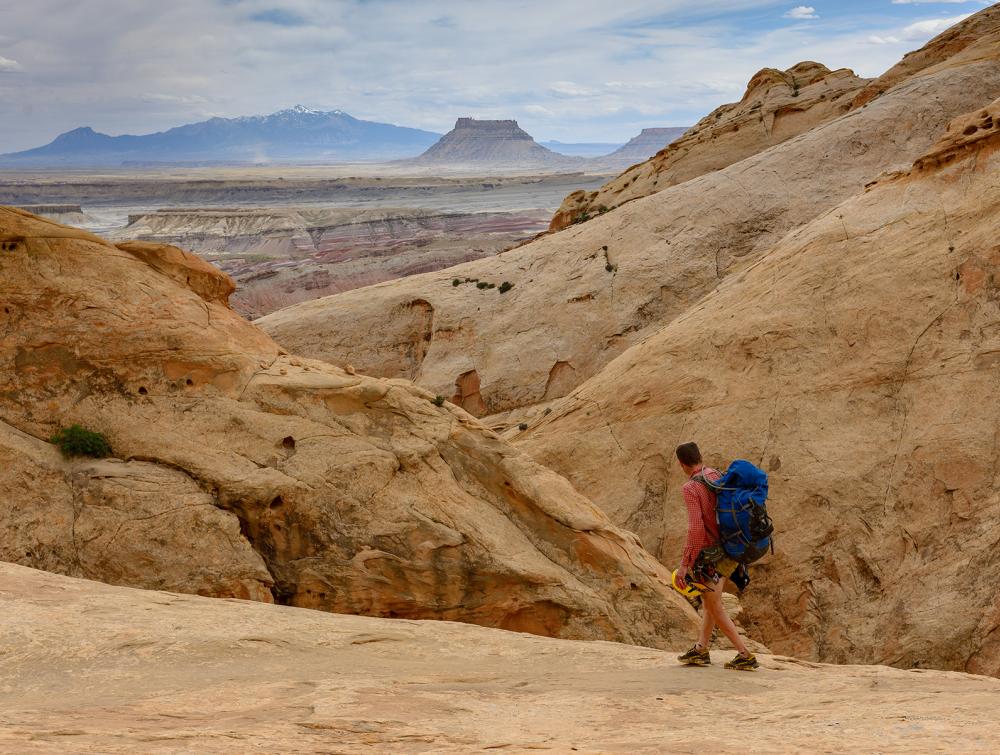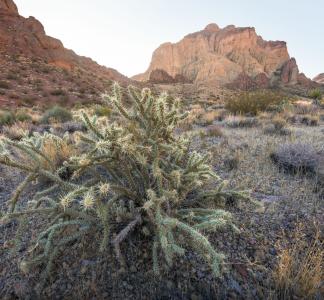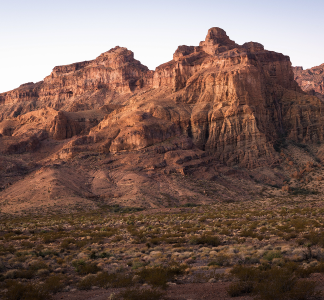2 million+ acres of public land sales in Senate budget rec package: “a betrayal of future generations”

San Rafael Swell Recreation Area, UT
Benj Wadsworth
Bill sets dangerous precedent to fast-track land disposal, includes mandated lease sales
NOTE: This content refers to the version of the Senate Energy and Natural Resources Committee’s budget reconciliation bill that was released on June 11, 2025. Later versions of the bill text changed the criteria dictating which lands are eligible for disposal to meet the bill’s sales mandate.
WASHINGTON D.C. (June 11, 2025) — Budget reconciliation bill text released by the Senate Energy and Natural Resources Committee includes a mandate for the sale of over 2 million acres of public lands managed by the U.S. Forest Service and Bureau of Land Management. The bill calls for “disposal” of these lands with few restrictions and allows the secretary of the interior great discretion to determine whether the sale of a given tract meets “community needs.”
It’s a shocking about-face after bipartisan criticism forced a public land sale proposal out of the budget reconciliation bill that passed the House in May. The Senate budget reconciliation bill also contains provisions to mandate more oil and gas leasing (including on the coastal plain of the Arctic National Wildlife Refuge), expedite road construction through Gates of the Arctic National Park and require mass timber sales in national forests, among other measures.
Michael Carroll, director of the BLM campaign at The Wilderness Society, made the following statement about the news:
"Americans disagree about a lot of things, but most of us are on the same page about keeping public lands in public hands. Shoving the sale of public lands back into the budget reconciliation bill, all to fund tax cuts for the wealthy, is a betrayal of future generations and folks on both sides of the aisle. Senator Mike Lee and his anti-public lands partners are setting a dangerous precedent for fast-tracking sales of public lands, and they’re threatening Americans’ access to our outstanding outdoor spaces. We call on lawmakers who cherish public lands to reject any inclusion of public land sales in the budget reconciliation bill.”
Public lands eligible for sale in the bill encompass over 120 million acres, including local recreation areas, wilderness study areas, inventoried roadless areas, critical wildlife habitat and big game migration corridors.
See our map below and full analysis of lands eligible for sale
Contact: newsmedia@tws.org / max_greenberg@tws.org
House passes “big giveaway” budget bill; drilling and mining interests to reap huge rewards
Dan Dische, USFS, Flickr
Public land sales stripped from House budget bill, though drilling and mining giveaways remain
Mason Cummings, TWS
Late-night amendment adds public lands sell-offs to drilling and mining giveaways in budget bill
Mason Cummings, TWS



